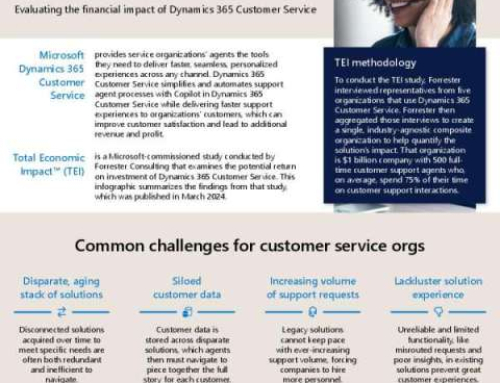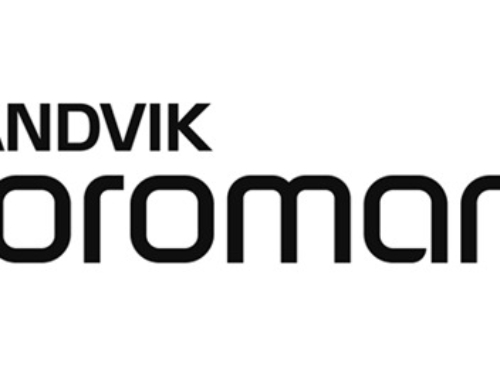When service and technology harmonize, they create a virtuous cycle where e-commerce drives traffic to stores, leading to more sales at higher margins.
Don’t make a rookie mistake. Look at these E-Commerce options available below and learn which is the most effective solution for your business.

A complete e-commerce solution integrates several technologies and processes like inventory management systems, supply chain management, automated data collection systems, internet marketing, electronic funds transfer, online transaction processing, electronic data interchange (EDI), and more. The transaction’s life-cycle typically touches the internet (minimal in all the cases), emails, mobile devices, and in advanced integration, even other software (e.g., CRM) and telephone (IVR). Various shopping cart software packages are available today in the market, offering multiple feature sets and compatible with several programming languages such as ASP.NET, PHP, Perl, Coldfusion, Java, AJAX, etc. Some of the shopping cart software packages are extensible through a third-party application. The most popular E-Commerce solutions are –
Shopify (www.shopify.com) – Shopify is a hosted solution; to use this platform, you will have to pay its monthly subscription fee to get its hosting infrastructure. This platform has a growing user base that serves the needs of many retailers who are not concerned about the technical aspects. About 1 million business owners use Shopify today.
Magento (www.magentocommerce.com) – The Magento eCommerce platform is an Adobe company that serves more than 235,000 merchants worldwide and is supported by a global ecosystem of solution partners and third-party developers. Magento is a feature-rich, open-source, enterprise-class platform that offers merchants a high degree of flexibility and control over their online store’s user experience, catalog, content, and functionality.
WooCommerce (www.woocommerce.com) – WooCommerce is an open-source e-commerce platform for WordPress. It is designed for small to large-sized online merchants and uses WordPress. Launched on September 27, 2011, the plugin quickly became popular for its simple installation, customization, and free base product. With about 79 million downloads (NOT necessarily that many stores), WooCommerce is one of the most popular eCommerce platforms for building an online store (stats from Builtwith).
Drupal (www.drupal.org) – Drupal is an open-source content management platform; in addition to websites and applications, it also powers e-commerce platforms. Drupal e-commerce includes core modules and features such as creating taxes, charges, discounts, subscriptions, recurring payments, receiving donations, selling file downloads, shipping items, bundles, or on-the-fly customizable products, and shipping plugins, reports, sales summaries, and more.
X-Cart (www.x-cart.com) – This software is ideal for software developers looking for a quality PHP shopping cart program at a reasonable price or a retail sales company looking for a faster turnaround. X-Cart template-based based software with open source code allows developers to customize the shopping cart’s look, feel, functionality, and business logic. Its web-based administrator area and installation wizard make the setup and maintenance of the shopping cart as easy as point and click. The code is optimized for smooth performance with up to 20,000 products; however, software optimization allows X-Cart to run with up to 500 000 products.
Zen Cart (www.zen-cart.com) – This is the LAMP (PHP & MySQL) based online store management system that supports numerous languages and currencies and is freely available under the GNU General Public License. Zen Cart branched from osCommerce as a separate project in 2003. Beyond some aesthetic changes, the significant differences between the two systems come from Zen Cart’s architectural changes (for example, a template system) and additional included features in the core.
VirtueMart (www.virtuemart.net) – VirtueMart is an Open Source E-Commerce solution to be used with Joomla! CMS. Joomla! And VirtueMart is written in PHP, which can also be used in the LAMP stack (PHP/MySQL environments). It lets customers buy things, create an account, add addresses, access their order history, etc. Multiple languages and currencies and unlimited products and categories are supported by this platform as well. More than 3 million people have downloaded (NOT necessarily that many stores) VirtueMart.
With an e-commerce website, the whole world is your playground. An online E-commerce solution can help increase retail sales by 40% as it offers customers an opportunity to purchase anytime, day or night, without stepping out of their home or office.
According to one of the most reputable market research companies, Statista – the E-commerce share of total global retail sales is 22%. Their projections show a growth of up to 4.8 trillion U.S. dollars by 2021.
++++
The content is edited by Ana Diaz (ATI). However, the initial content is not necessarily written by her. The content has been taken from various sources, including the proprietary e-commerce platform companies and marketing research companies.










Leave A Comment